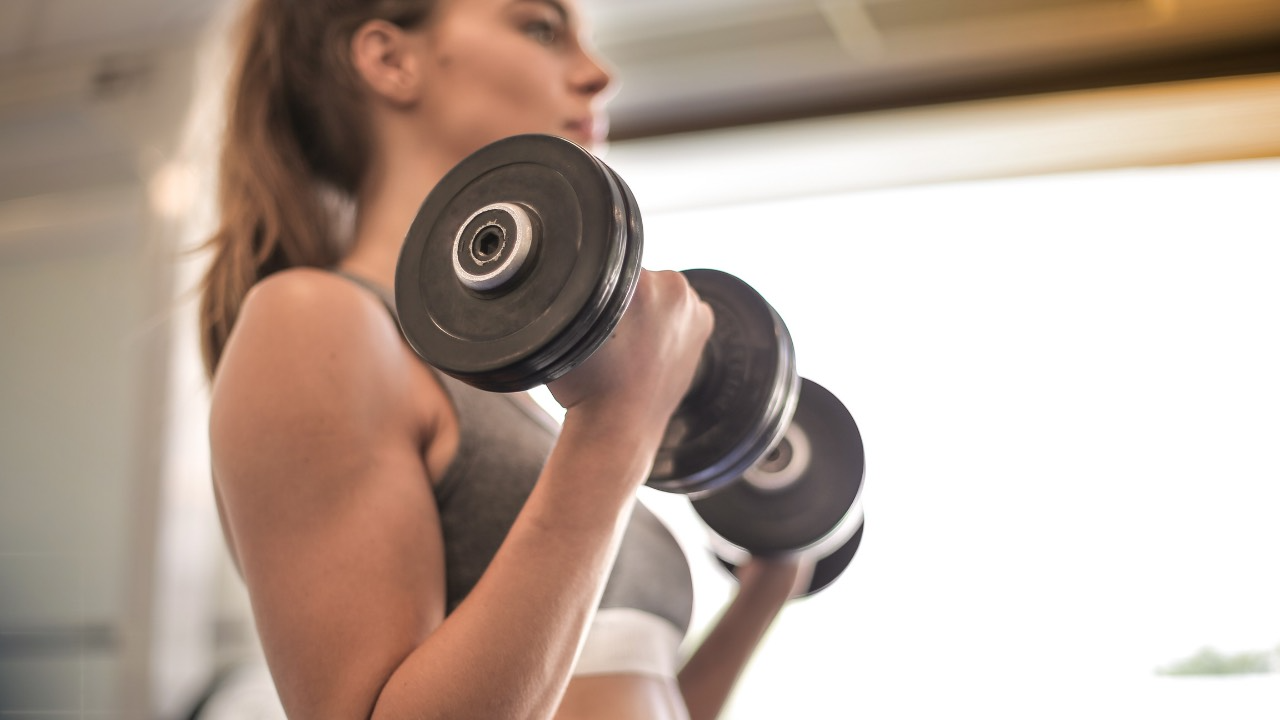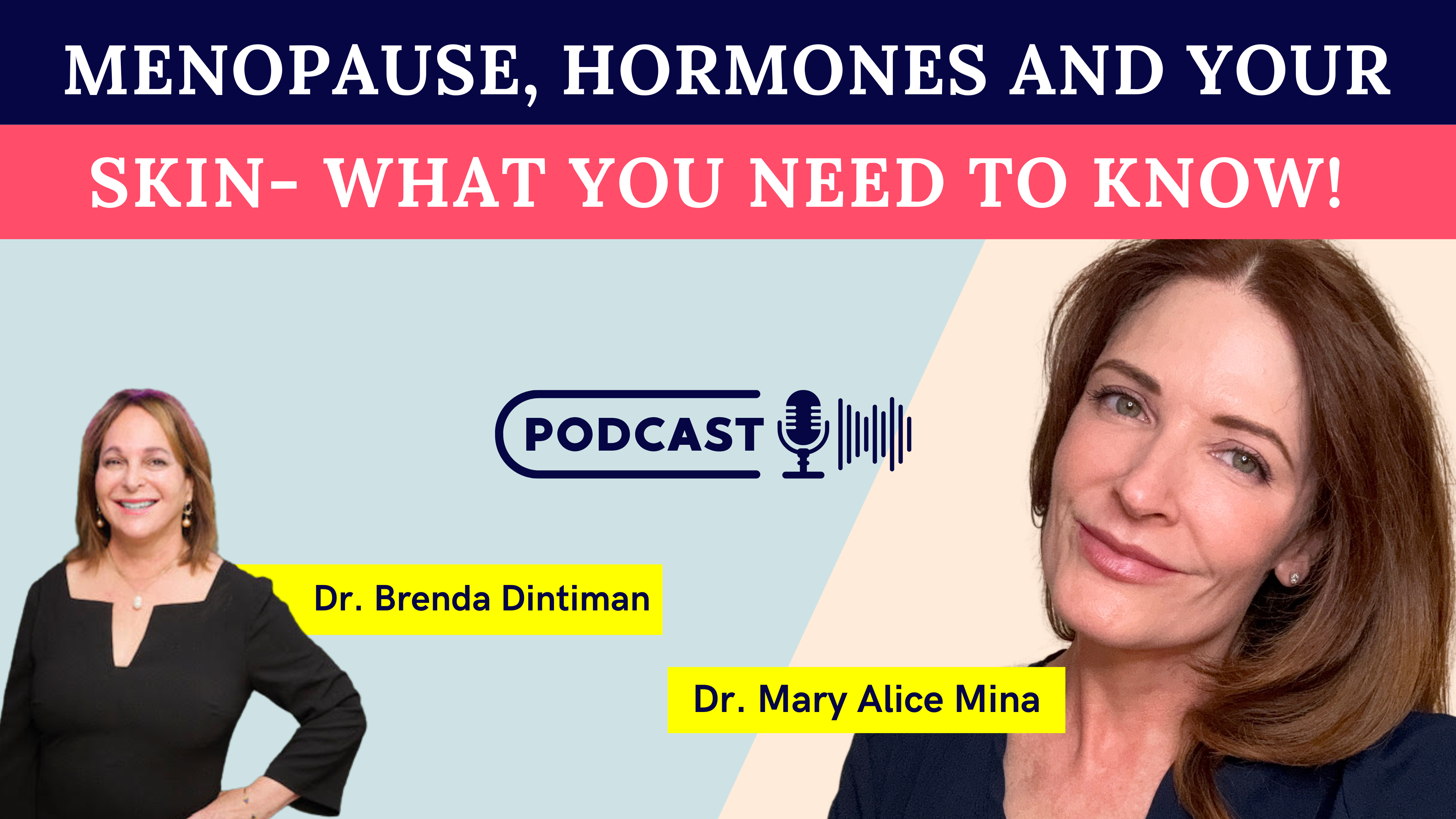Optimal Health for Your Skin and Body
Dec 23, 2024
Creating Optimal Health in Mid-Life
Think skincare is just what actives you use and procedures you have done? Nope! Actually more impactful than that is how you take care of your body as a whole- yep, think mind, body and soul! When it comes to wellness, we often get caught up in that “all-or-nothing” mindset. Whether it’s exercise, eating right, or just keeping a positive outlook, we forget that balance and consistency—not extremes—are what really make a difference in the long run. So, what’s the secret? Start small. Focus on little actions you can actually stick with. Over time, they’ll add up to big, sustainable changes.
Rethinking Exercise: It Doesn’t Have to Be All or Nothing
If you’re like me and grew up in the Jane Fonda aerobics era (guilty as charged), you probably thought working out meant grueling, hour-long cardio sessions. But guess what? It doesn’t have to be that intense. Research and real-life experience have proven that sometimes, less is more. Strength training for just 10 minutes, three times a week, can be enough to maintain muscle, especially when paired with a diet rich in protein. Whew, what a relief!
But don't worry, strength training isn’t about becoming bulky—It’s about building lean muscle to boost your metabolism, stay strong as you age, and keep your body functioning at its best. Oh, and here’s a fun bonus: it can even help improve your skin’s thickness and overall appearance. How amazing is that? And if the thought of heavy weights at the gym makes you want to run the other way, don’t worry. Resistance training can be way more approachable than you think! Pilates, certain types of yoga, or even simple isometric moves (like pressing your palms together) all count. The key? Consistency, not intensity. Align it with your goals and stick with it. Sound familiar?
Nutrition: Protein, Fiber, and Smart Choices
The foundation of health lies with good nutrition. By focusing on these three key pillars, optimal health is easier than you think: protein, fiber, and minimizing added sugar.
-
Protein: Aim for about 90 grams of protein daily for women and 120g for men (spread across three meals) to support muscle maintenance and satiety. Think lean meats, fish, eggs, or vegetarian options like tofu and lentils.
-
Fiber: The goal is around 25 grams a day, which can help regulate hunger and support gut health. Incorporate non-starchy veggies, fruits, and whole grains into each meal.
-
Added Sugar: Reducing added sugar can make a huge difference in managing blood sugar and insulin levels. While indulging occasionally is fine, be mindful of sneaky sugars in processed foods. Aim for <40g a day and even <20g if you have insulin resistance. This can be tricky with our western diet!
It’s not about restrictive dieting; it’s about listening to your body and figuring out what works best for you. Some people do great with starchy carbs, while others feel their best with a lower-carb approach. Pay attention to how your body feels. It’s always giving you clues, and honestly, it’s the best guide you’ve got!
The Magic of the Gray Zone
One of the biggest hurdles in achieving lasting health is the all-or-nothing mindset. It’s easy to fall into the trap of thinking one indulgent meal or skipped workout derails everything. Yes, I have been there! The truth? Make the next best decision. Ate a few too many cookies? You don’t have to finish the whole bag. Missed a workout? Go for a walk instead. Small, positive choices add up over time.
This gray zone approach fosters flexibility and self-compassion. It’s not about perfection; it’s about progress.
Cardio vs. Strength Training
If you love cardio, go for it! But remember, cardio is about heart health and endurance—not the best tool for fat loss. Strength training, on the other hand, builds muscle, which helps increase your resting metabolism over time. Think of cardio as spending your energy (like a debit card), while strength training is investing it (like a high-yield savings account). And don’t forget daily movement—aim for at least 5,000 steps a day to avoid being sedentary.
Supplements: Do They Help?
For women, especially those in midlife, creatine has become a popular supplement for supporting muscle health and boosting cognitive function. It’s safe, well-researched, and can be super effective for muscle gain when combined with strength training. Of course, it’s always a good idea to chat with your healthcare provider first to see if it’s the right fit for you.
The Role of Mindset in Wellness
Mindset ties everything together. It’s all about practicing positive self-talk, setting realistic expectations, and letting go of those diet culture myths. Teach yourself—and the next generation—that food isn’t “good” or “bad.” There are “sometimes” foods and “always” foods, but no need for guilt or shame.
When you shift your focus from quick fixes to consistency and balance, everything gets easier. Wellness doesn’t have to feel overwhelming. Start small, stick with it, and enjoy the process of feeling your best. Bonus? Your skin will thank you for it too!
Tune into this week’s podcast with Dr. Ali Novitsky where she discusses how food and exercise shape our health, which diet and workouts work best for midlife women, and the diet myths we need to leave behind. Plus, she shares her top 3 tips for optimal health.
Website: https://www.thefitcollective.
Instagram: @alinovitskymd
Tik tok: Ali Novitsky MD
Facebook: Ali Novitsky MD






